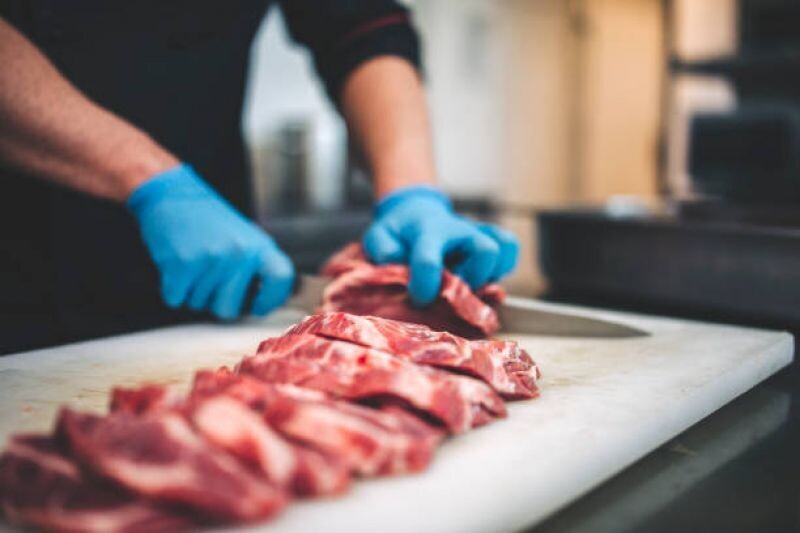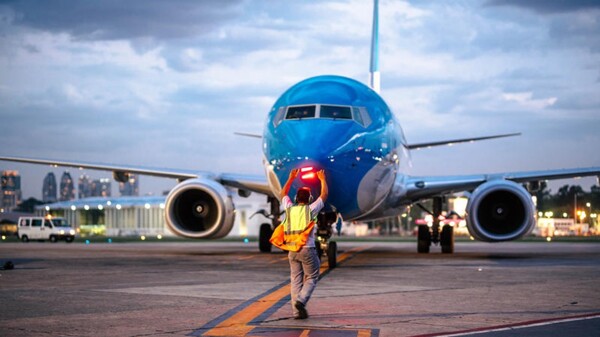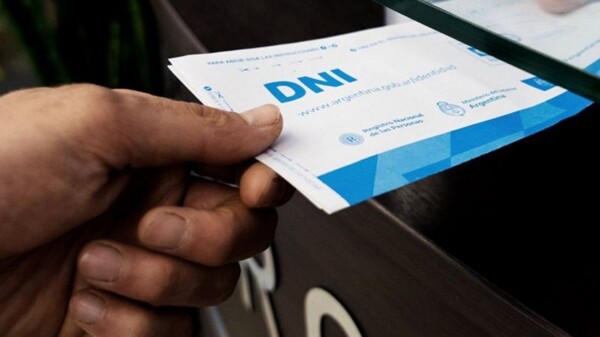
President Javier Milei repealed the prohibition on the export of live cattle for slaughter for consumption, which had been in effect since 1973. This measure reopened a long-standing dilemma in the Argentine meat sector. Decree 133/25, which eliminates the prohibition established by Decree No. 322/73, has received mixed opinions in the industry.
The Minister of Deregulation and State Transformation, Fede Sturzenegger, emphasized that the repeal will open new markets for the national livestock sector. The decision, published in the Official Gazette, comes at a sensitive time for livestock activities in both domestic consumption and exports.
On one hand, representatives of the livestock chain have expressed that the repeal of the prohibition on exporting live cattle could negatively impact the domestic market, given the rise in meat prices in recent years. Although an opening towards new export markets is expected, there are concerns about a possible decrease in job opportunities in the meat industry.
Regarding export prospects, opportunities in countries such as Turkey, Asia, and Africa were mentioned, as long as bilateral trade agreements are reached. However, some industry players maintain that these measures do not generate a significant increase in supply to foreign markets and could affect the competitiveness of Argentine slaughterhouses.
Former Customs Director Guillermo Michel pointed out that the repeal of the prohibition on exporting live cattle could lead to primary exports and harm Argentine slaughterhouses and their workers. The lack of dialogue with the private sector before making this decision has also been questioned.
Slaughterhouses, the main marketing channel for livestock, received the measure with surprise, as they were not consulted beforehand. Organizations representing the sector are analyzing the measure and seeking to improve competitiveness in the face of current challenges, such as high costs for tariffs and inputs in dollars.
Despite the livestock chain celebrating the reduction in restrictions on exports and withholdings, they expect improvements in the exchange rate and tax relief to achieve greater competitiveness in the market. The Argentine meat industry is undergoing a transformation and facing challenges, marked by the opening to new markets and the need to adapt to changing conditions in the sector.














